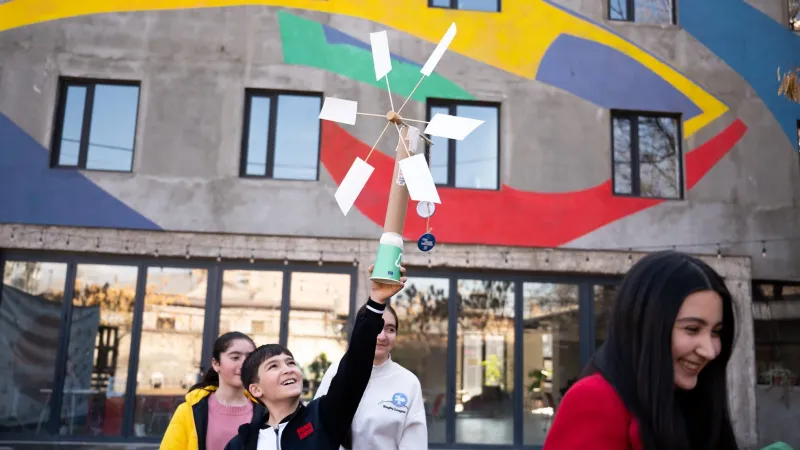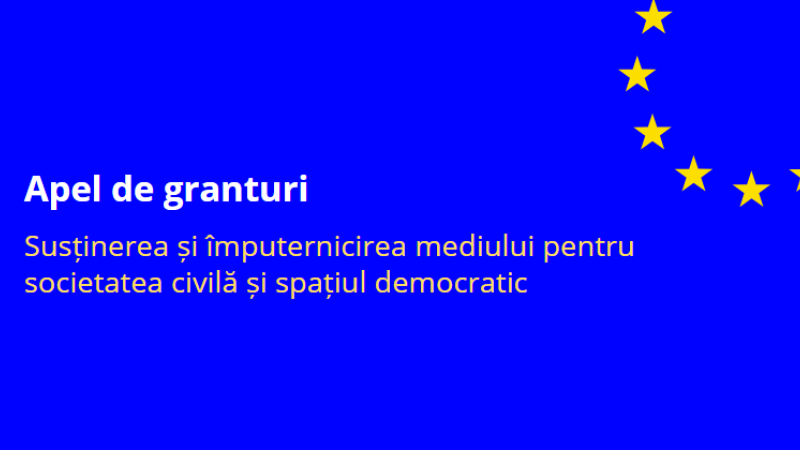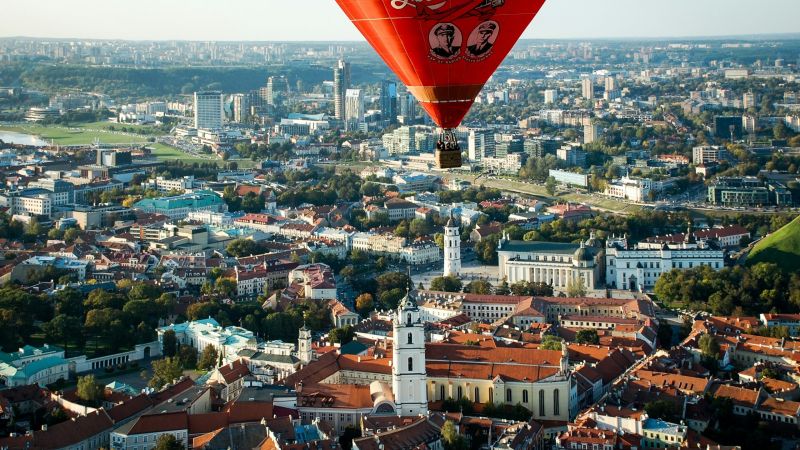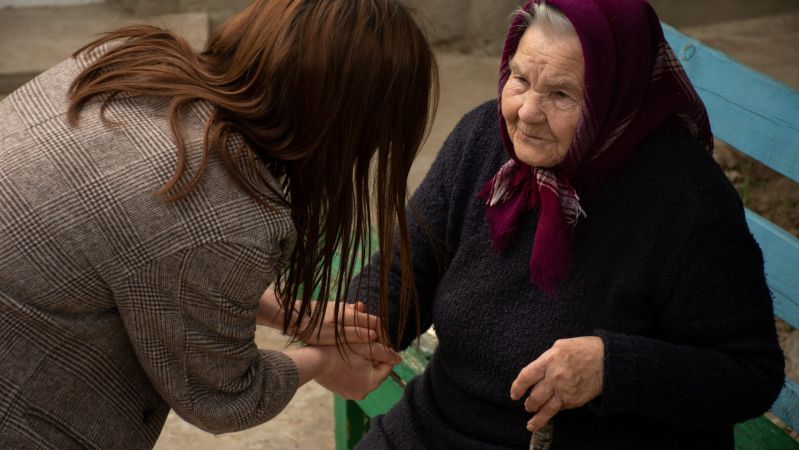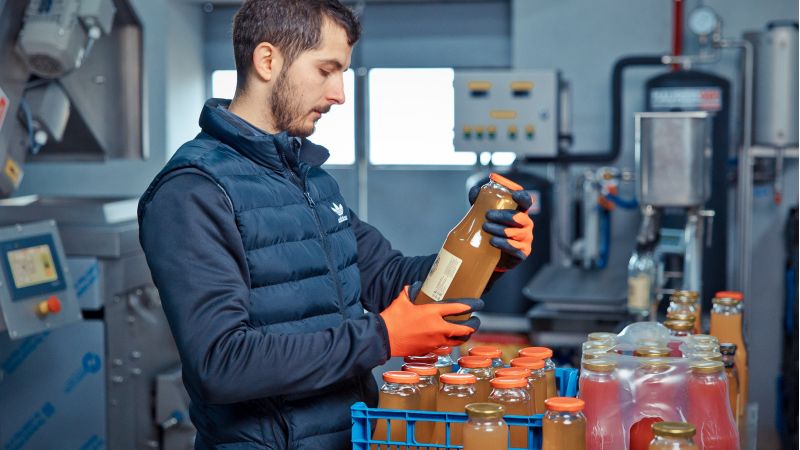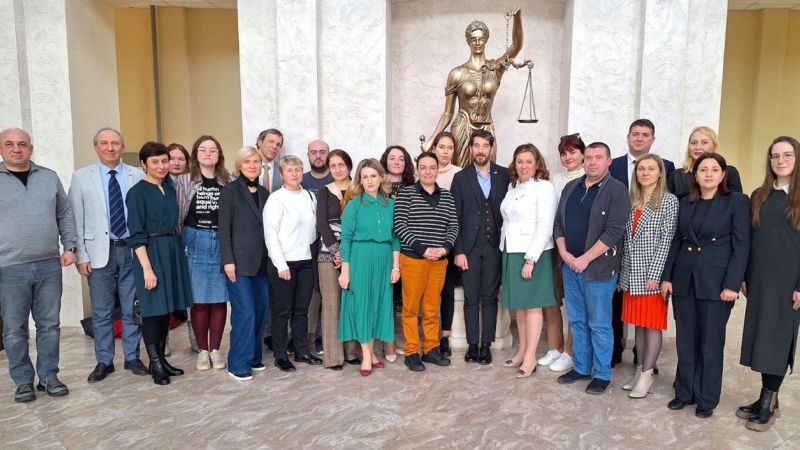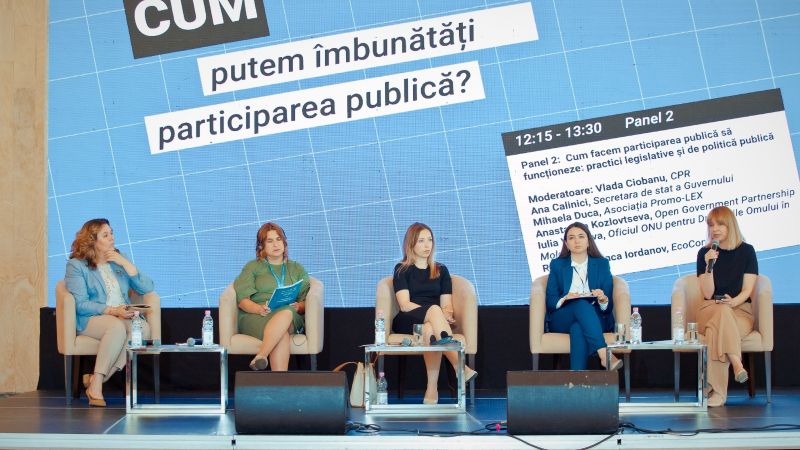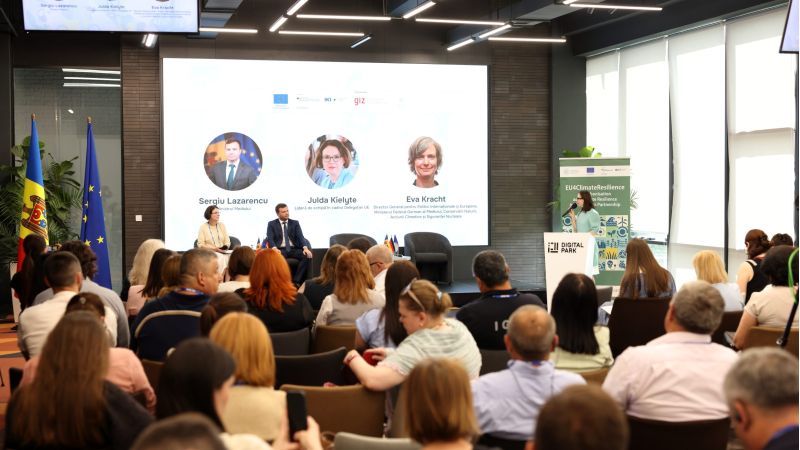
Uniunea Europeană sprijină Republica Moldova în promovarea etichetării ecologice și a procesului de achiziții publice durabile
Proiectul Uniunea Europeană pentru Mediu/EU4Environment acordă suport Ministerului Mediului în elaborarea Regulamentului privind transpunerea Regulamentului UE 66/2010 (Regulation on the EU Ecolabel) în Moldova și Ghidului privind etichetarea ecologică. Una din provocările creării și aplicării unui sistem de etichetare ecologică în Republica Moldova prin transpunerea Regulamentului Nr. 66/2010 privind eticheta ecologică al UE în legislația națională constă în imposibilitatea aplicării directe a siglei Europene, pe care o aplică doar statele-membre al UE. Totuși, ținând cont de faptul că mediul și economia sunt părți ale aceluiași sistem, obiceiurile și preferințele de consum bine înrădăcinate în Republica Moldova trebuie și pot fi schimbate prin crearea și implementarea unui mecanism național de etichetare ecologică similar celui din Uniunea Europeană. Acesta va permite diminuarea și stoparea practicilor actuale de utilizare nerațională a resurselor naturale și utilizare a tehnologiilor poluante.
Totodată sunt promovate achizițiile publice durabile, care au devenit mai mult decât o necesitate în contextul folosirii raționale a resurselor ce sunt într-un proces continuu de consum irecuperabil. În timp, achiziționarea de bunuri și servicii durabile, ar putea contribui la un progres în termeni sociali, ecologici și economici, aducând rezultate în eforturile de reducere a sărăciei, îmbunătățire a echității sociale, reducere a emisiilor de gaze cu efect de seră, creșterea eficienței energetice și a resurselor, etc. Astfel, achizițiile publice durabile ar putea deveni un instrument principal în implementarea politicilor de dezvoltare durabilă, menite să asigure o tranziție favorabilă către o economie verde.
În cadrul Programului „EU4Environment”, finanțat de UE, Programul Națiunilor Unite pentru Mediu (UNEP) își propune să consolideze capacitatea Republicii Moldova privind achizițiile publice durabile și etichetarea ecologică. Acest lucru se realizează prin furnizarea de asistență tehnică, servicii de consultanță și dezvoltarea capacităților/formare pentru factorii de decizie politică, practicieni în achiziții, întreprinderi și asociații de afaceri, precum și ONG-uri și alte părți interesate.
